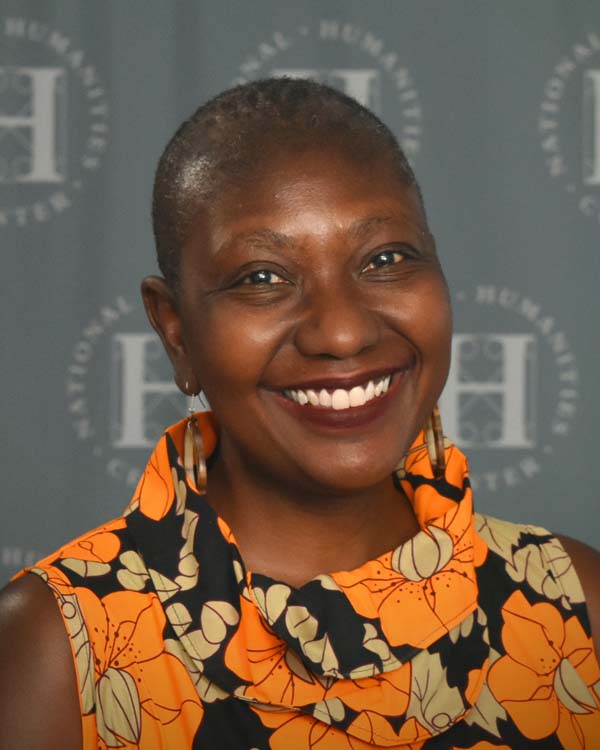Between the 1930s and the 1970s, racialized legislation and subsequent migrations of Black Americans combined to drive explosive population growth in urban centers, which in turn gave rise to the creation of segregated districts and public housing projects. The experience of life in these spaces, which required residents to navigate precarious conditions where distinctions between public and private collapsed, was chronicled by Black women writers of the era.
In this podcast, Jennifer D. Williams, assistant professor of English at Howard University, discusses her research into urban spaces, racial politics, and Black womanhood in the twentieth century. By turning to intimate forms of literary expression like poetry and short stories written by politically engaged women writers, Williams suggests, we can come to terms with how the literature of this period engages in social justice work that remains relevant today.

